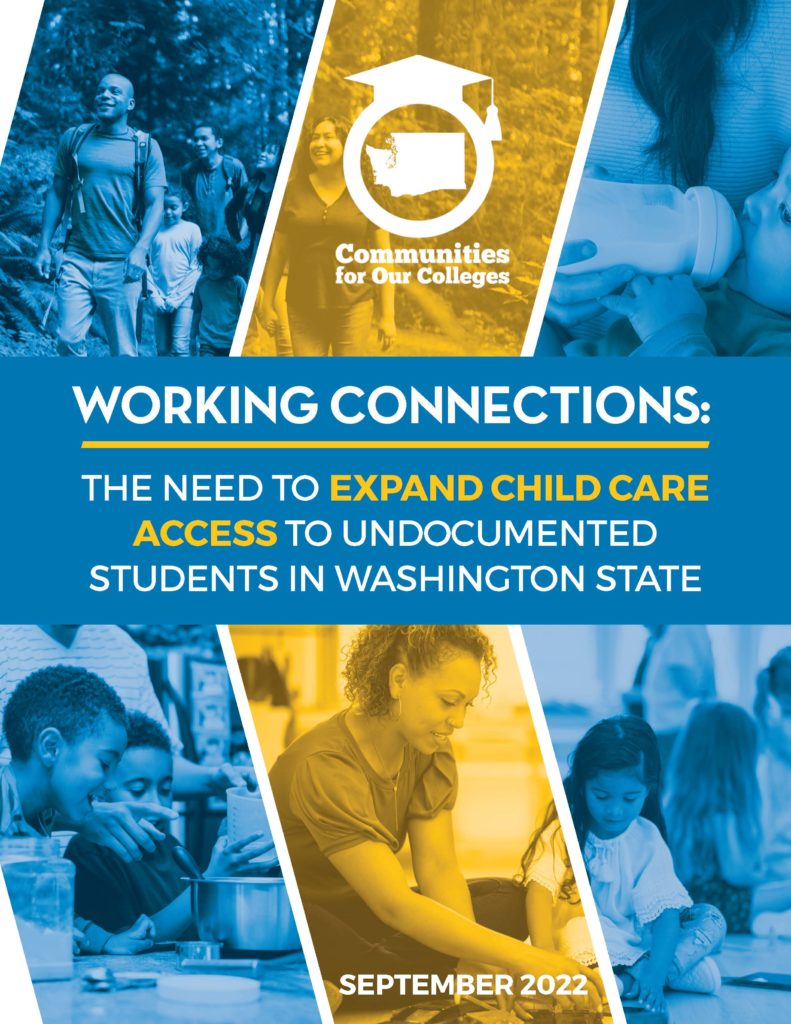Child care is essential for student parents to succeed. Research shows that affordable, accessible child care plays an important role in helping student parents stay in school. But it’s becoming harder and harder for them to afford both child care and tuition. This report from Communities for Our Colleges documents the challenges to obtaining child care by undocumented students and key policy recommendations to overcome them.
Still Struggling to Make Ends Meet 2022: A report on living wages in Washington State
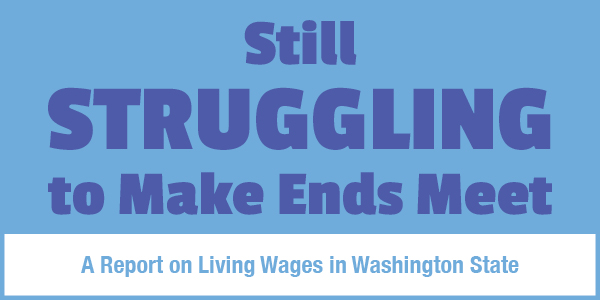
Over the last two years, the Covid-19 pandemic has triggered many changes in American life, but workers in Washington State and across the country continue to face difficulties making ends meet. Hazard pay premiums for essential workers have temporarily boosted worker pay, but inflation through February 2022 was at its highest rate since 1982, erasing many of these wage gains. Although average wages in Washington have grown more since the Great Recession than the national average, wages for most workers have still not kept pace with the cost of living, including the wages of essential home care workers.
Continue reading “Still Struggling to Make Ends Meet 2022: A report on living wages in Washington State”Press Release: Groups Call for Philanthropy to Support Public Transit & Mobility
For Immediate Release: Monday, April 4, 2022
Contact: Doug Gordon | doug@upshiftstrategies.com
More Than 35 Civil Rights, Environmental, Transportation And Philanthropic Leaders Call On Climate Funders To Re-Think Their Giving And Invest More In Clean Transportation To Curb Greenhouse Gasses
Today, more than 35 leading climate justice, environmental, civil rights and philanthropic leaders called on climate funders to re-think their giving and called for far greater philanthropic investment in ending greenhouse gas emissions from transportation.
The open letter to funders comes after the passage of the bipartisan infrastructure bill which commits nearly $90 billion in guaranteed funding for public transit over the next five years — the largest federal investment in public transit in history.
Continue reading “Press Release: Groups Call for Philanthropy to Support Public Transit & Mobility”To Tackle Racial Justice, Organizing Must Change
Originally published in The Forge, this opinion piece is coauthored by LeeAnn Hall, Libero Della Piana, and Prof. Daniel Martinez HoSang.
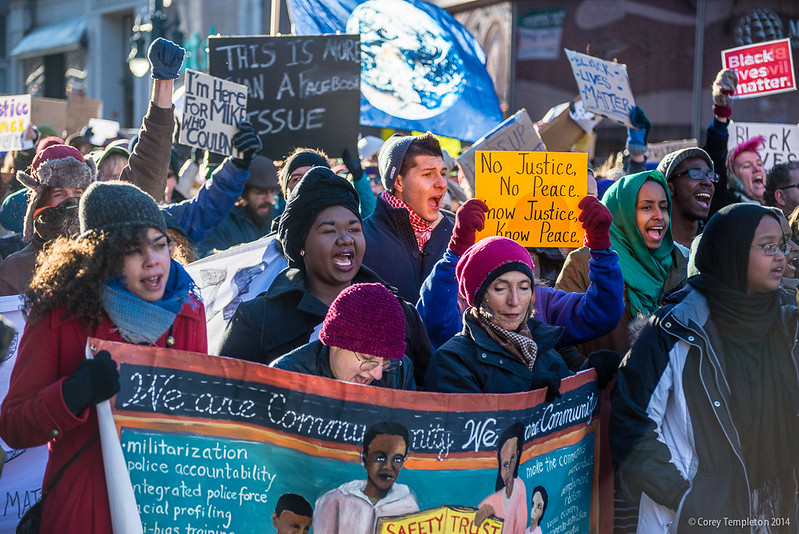
In his 1998 article “The Last Stop Sign,” the Oakland-based organizer Gary Delgado issued a friendly provocation: organizers must directly take on race and racism.
The dominant traditions of community organizing at the time, especially as practiced by the leading national networks, prioritized issues that promised to unite neighborhoods and constituencies. The ubiquitous campaign to demand a new stop sign on a busy street was the exemplar. The most effective organizers were said to be “non-ideological”; they avoided controversial issues that might divide a group’s members. Racial “colorblindness” (celebrated across the political spectrum in the 1990s and early 2000s) was the default organizing position.
Continue reading “To Tackle Racial Justice, Organizing Must Change”‘The crossroads between climate and equity’: Advocates push for transit justice
Grassroots organizers look to seize the momentum of the infrastructure legislation and heightened awareness of equity issues to improve public transportation access.
Q&A by Dan Zukowski at SmartCitiesDive
With the Black Lives Matter movement heightening awareness of racial and social inequities, and with the recent challenges facing essential workers who rely on public transit, the issue of transit equity has come to the forefront of conversations surrounding pandemic recovery.
But some organizations and individuals have long advocated for accessible, affordable and equitable public transportation. Among those advocates are LeeAnn Hall and Libero Della Piana of Just Strategy, a Seattle-based team of grassroots organizers.
Continue reading “‘The crossroads between climate and equity’: Advocates push for transit justice”
400 Years of Racism & Resistance in Virginia
Alliance for a Just Society creates workshops and educational sessions to develop the capacity of movement leaders and staff. Our 400 Years of Racism & Resistance in Virginia workshop uses history to help participants understand the nature of systemic racism and the opportunities to challenge it today.
On October 21, Libero Della Piana, AJS Senior Strategist, conducted this workshop for our partner Virginia Organizing.
Public Transit, Built Back Better
The Build Back Better plan’s historic investment in public transit would have a tremendous positive impact.
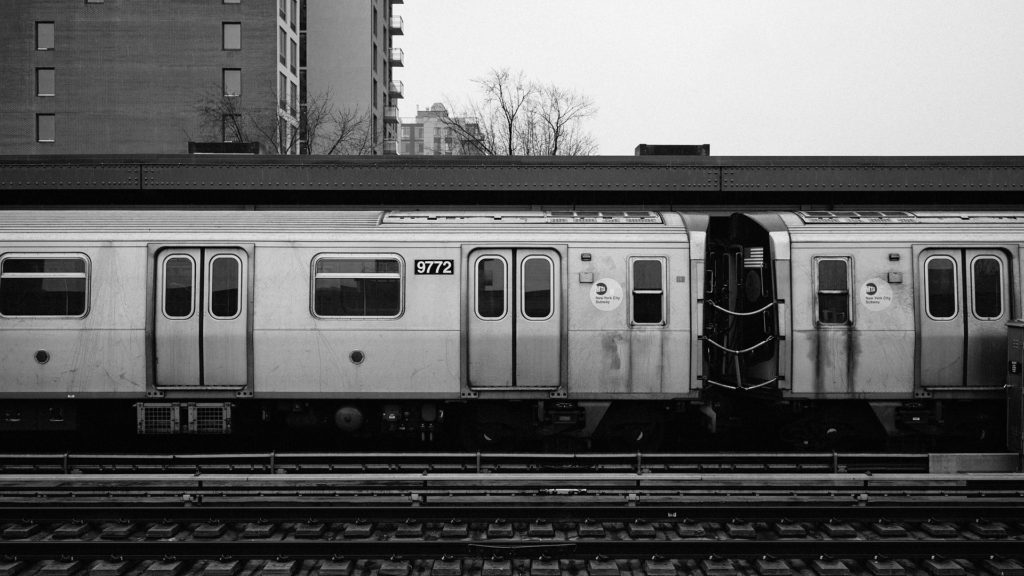
If you follow the news about President Biden’s Build Back Better agenda, you might have heard a lot about its 10-year price tag. But you probably haven’t heard much about what it would actually do.
The bill will invest in care for children and seniors, cover more health care under Medicare, make the tax system more fair, and address the climate crisis. Those parts get some coverage, and they’re all worth doing.
Continue reading “Public Transit, Built Back Better”This Isn’t a Sprint, It’s a Long-Distance Race
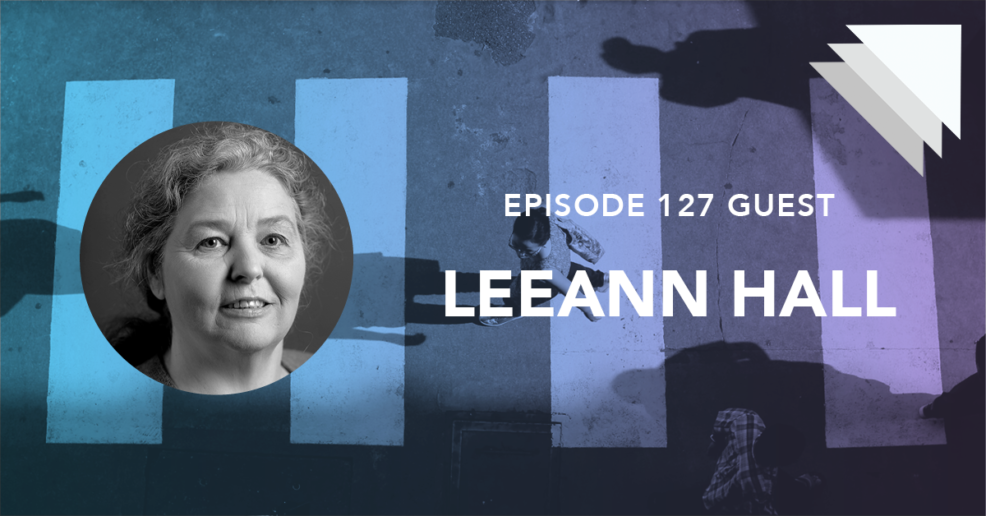
Executive Director of the Alliance for a Just Society, LeeAnn Hall was recently a guest on The Movement Podcast. She reminds us that it is people’s lived experiences that help define what barriers to access exist and highlights the importance of community leadership to illuminate the solutions.
Going From Zero to $60 Billion for Transit
LeeAnn Hall and Libero Della Piana from Alliance for a Just Society were featured in a forum on the national campaign to transform public transit funding priorities.
The goal on grassroots advocates and riders organizations is the shift funding towards public transit as a public good to advance equity, the environment, and the economy.
Build Back Better With More Bus Service
Build Back Better with More Bus Service from NACTO on Vimeo.
Recently, Executive Director LeeAnn Hall participated in a panel hosted by the National Association of City Transportation Officials (NACTO). The panel discussed how federal support for transit operations can transform communities and how funding operations is critical to “Building Back Better” and meeting Biden’s equity, climate, and workforce goals.
Transit is an essential public service for all of us, not only those who ride it. Throughout 2020, 2.8 million essential workers relied on transit workers every day in the worst days of the pandemic. Transit has been and will be the backbone that connects communities and is essential to economic recovery in cities large and small.
Continue reading “Build Back Better With More Bus Service”